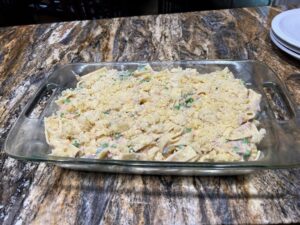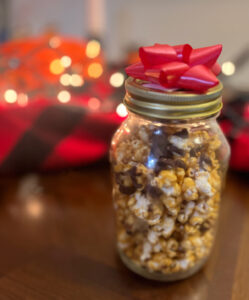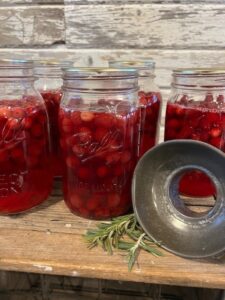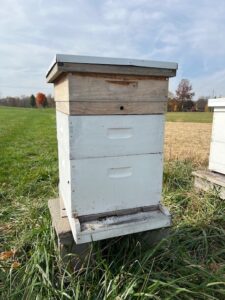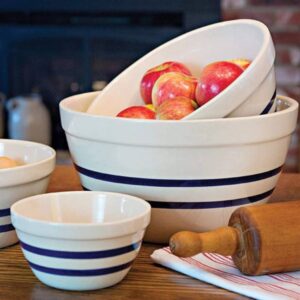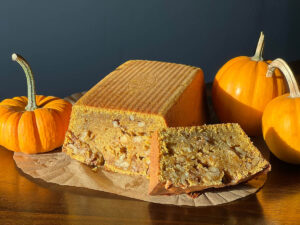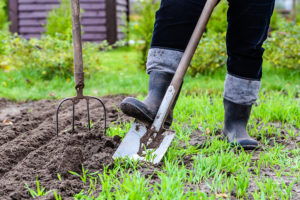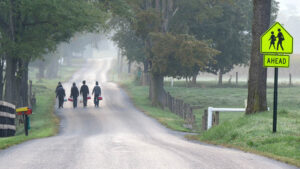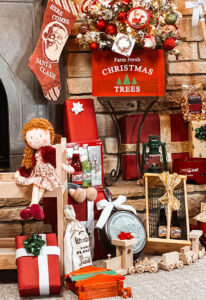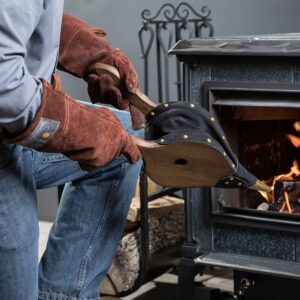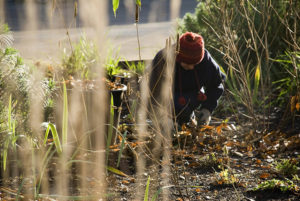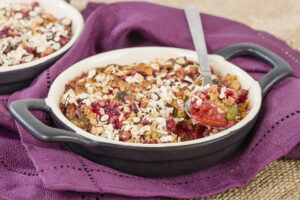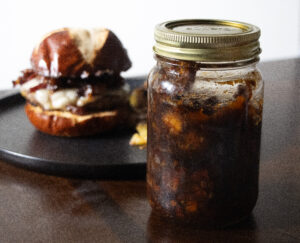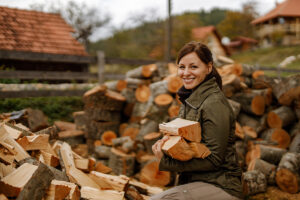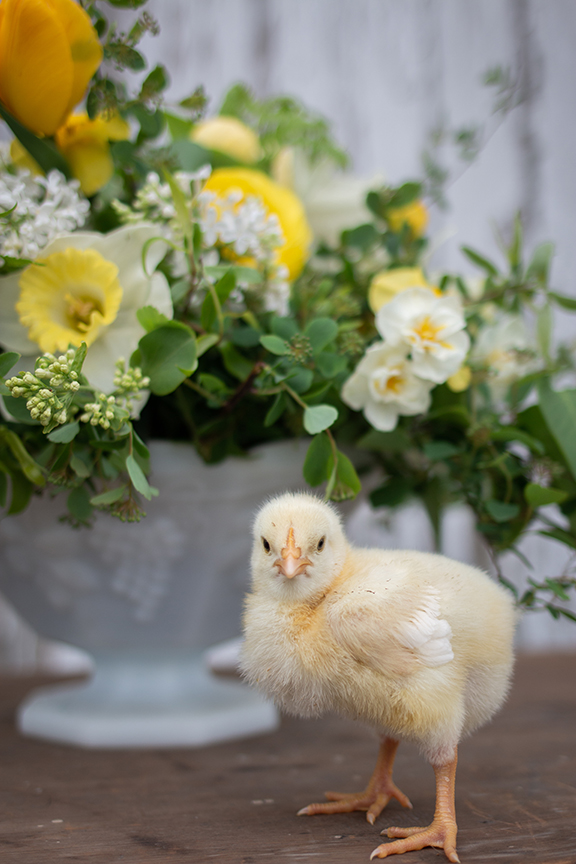
May has brought plenty of rain to Ohio but just enough sunshine for some productive days of working outdoors and we are enjoying the extended daylight. The lettuce seedlings, spinach, radishes and Japanese turnips are growing rapidly in the misty rain but as we wait on them to get to harvest size, we are relying heavily on our perennial vegetables at the supper table. Some of our favorite spring flavors are asparagus, rhubarb and winter onions (aka Egyptian walking onions.) It is nice to have numerous perennials in the garden that don’t require planting each year, just some light maintenance and harvesting. Several take a few years to get established but if you are planning to stay on your property long term, getting these perennial crops started is a worthy investment.
Asparagus crowns are generally planted in the spring in deep trenches, enriched with well rotted manure. No harvesting the first year, gentle harvesting the second year and then by the third year, the roots are established enough for full harvest. During warm spells, asparagus should be checked daily for shoots ready for harvest. Rhubarb roots can be planted spring or fall and enjoy fertile soil and a fall application of compost or well-rotted manure. Rhubarb sauce on yogurt or ice-cream, rhubarb crisp, rhubarb custard, rhubarb muffins; the options are endlessly delicious. The winter onions propagate by top sets that fall to the ground. Find a friend who has some to share and watch them proliferate in your garden. They are a scallion type onion, perfect for sauteing or for any recipe calling for onions.
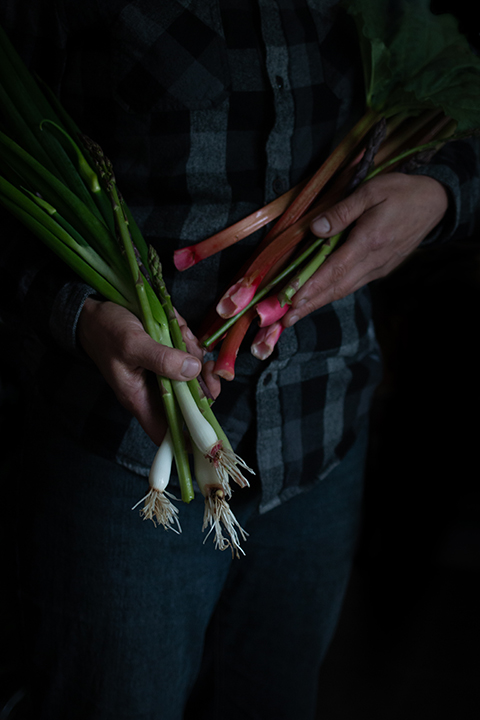
While waiting for the spring garden items to mature, it is also a good time to take advantage of foraged crops in our meals. There are an abundance of nutritious greens just waiting to be added to salad or a stir fry. Dandelion greens are a common edible weed and the root, leaves and blossom can all be used. We mix the leaves into salad or cook them in a dandelion gravy and they taste best if harvested before the plant blooms. We usually do one spring meal that included fried dandelion blossoms. Chickweed can be a pesky garden weed but the leafy ends make a nice salad addition plus we dehydrate some for making chickweed salve. Stinging nettle is another favorite spring forage but it comes with some cautions. Harvest it carefully with gloves or well aimed scissors and always steam or dehydrate it before eating to neutralize the sting.
Our family enjoyed a delightful potato, leek, nettle soup recently plus we are dehydrating a good amount of nettles for tea. Morel mushrooms from the woods are another spring rite of passage. We aren’t hard core mushroom hunters but it is always special to find a handful and fry them up for supper. When foraging, always pick from a clean, unsprayed area and be certain of plant identification (particularly mushrooms!)
While the garden soil warms up, we are still nurturing some heat loving plants in the greenhouse like tomatoes, peppers and basil. The sweet potatoes that we put in a jar of water back in March are sprouting prolifically. We are raising both the traditional orange type plus a deep purple variety. When the leafy shoots reach 4-5 inches, we gently tug them off and place them in a small jar of water. In just a few days, the roots start appearing. Once there is a nice root system, I put the slips into 4 packs with soil to root further for strong transplants. Generally, we don’t plant sweet potatoes in the garden till late May or early June since they love extra warm soil.
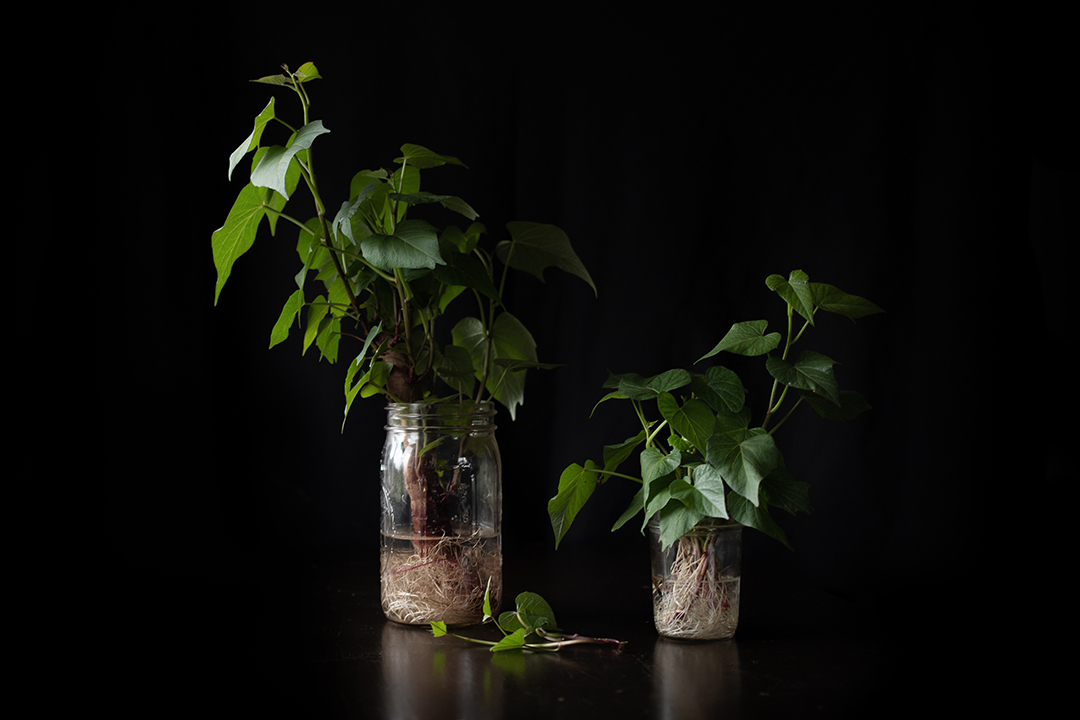
Flower harvest is keeping us hopping as we supply orders for weddings, Mother’s Day and other occasions. The daffodils and tulips are nearly past and currently we are enjoying the anemones, ranunculus and Solomon’s seal while keeping a close eye on the fattening peony buds.
On the animal front, the first batch of meat chicks arrived in the mail a couple weeks ago. The cute fluffy chicks lived comfortably under heat lamps indoors for 3-4 weeks till they are feathered out and ready to go outdoors to a mobile pen that is moved daily on the pasture. Our youngest boys have the chores of making sure the chicks have grain and water twice a day and moving the pen. It is quite a sight to see the chickens get moved to new grass and go after the bugs, worms and whatever tasty morsels they can find.
What seasonal tastes and tasks are you enjoying this spring?
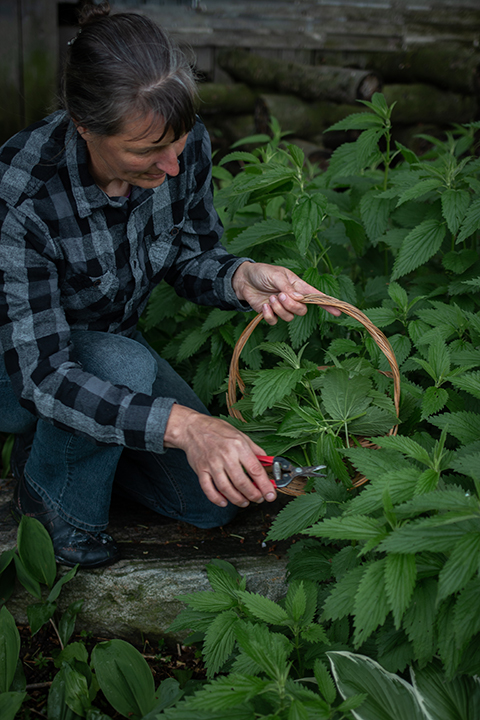
Stop by Lehman’s on Thursdays from 10-2pm at Karen’s garden table in our Kidron store to ask your garden questions. You can also see some of the foraged weeds in person on her “Edible Weed” plate.
*****
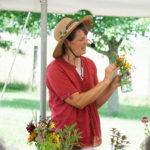 Karen Geiser is a regular demonstrator and homesteading class teacher at Lehman’s. Photos by her daughter, Elizabeth Geiser ©2019.
Karen Geiser is a regular demonstrator and homesteading class teacher at Lehman’s. Photos by her daughter, Elizabeth Geiser ©2019.

